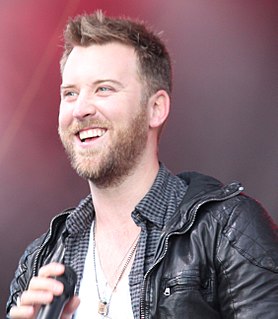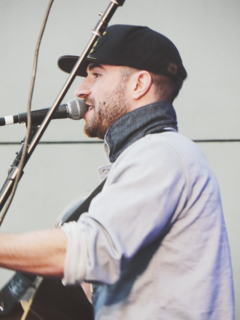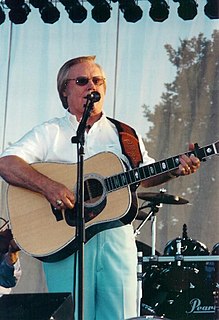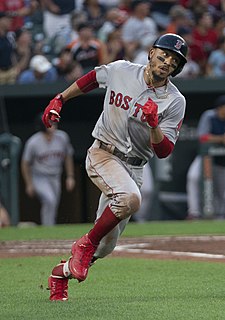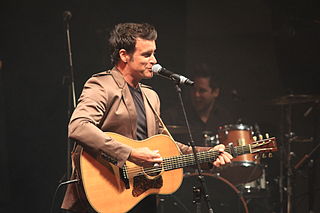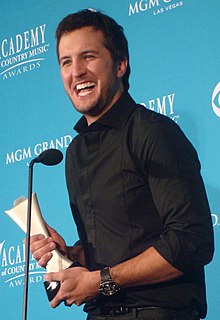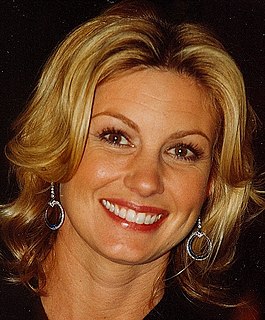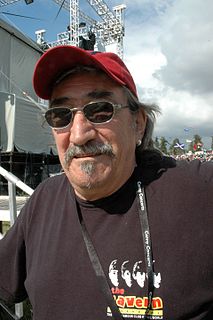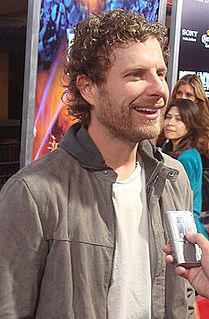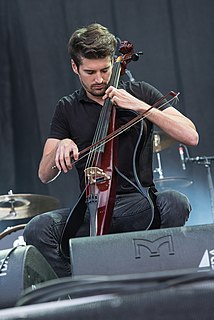A Quote by Neil Young
My songs speak for themselves. The musicians who play on them and the way they sound and where they were recorded and the way they were recorded is the old Nashville way ... they sound as country or more country than a lot of things that are on country radio.
Related Quotes
I do think I'm country, but your definition of that word might be different from my definition. In my opinion, country music, the sound of country, has always evolved. But the one thing that has not changed is the story element. And I think country songs are truthful songs about life written by country people.
Recording in Nashville was absolutely essential to get the sound, the musicians, the atmosphere, the warmth... There are just cult places like that in the world, like Chicago for the blues or New York for jazz. Nothing sounds the same in Nashville as it does elsewhere. Nashville is the Mecca of country music and everyone knows it.
By the time I actually recorded Bitter Tears I carried a heavy load of sadness and outrage; I felt every word of those songs... I expected there to be trouble with that album, and there was.... when it was released, many radio stations wouldn't play it.... The very idea of unconventional or even original ideas ending up on "country" radio in the late 1990s is absurd.
When I lived in Nashville, Tanya Tucker and people like that were coming up, and I'm sure that Loretta Lynn and Tammy Wynette were going, 'What's that noise? That's not country.' It's always been this battle where whoever comes up behind the reigning stars isn't country enough. There really is a lot more crossover now.

